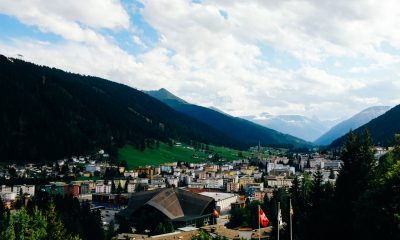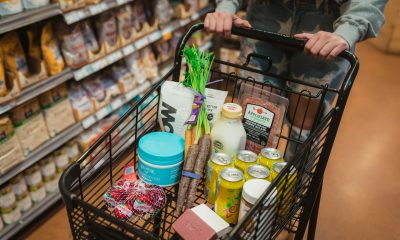Impact Investing
Coldiretti: Climate Change Will Cost Italian Farmers 9 Billion in 2024
Italian agriculture faced €9 billion in losses in 2024 due to climate change, epidemics, and high costs. Key crops like wheat and olive oil saw steep declines, while diseases devastated livestock. Coldiretti urges EU policy adjustments, including revisiting the Mercosur trade agreement and increasing green transition funding, to address unfair competition and support struggling farmers.
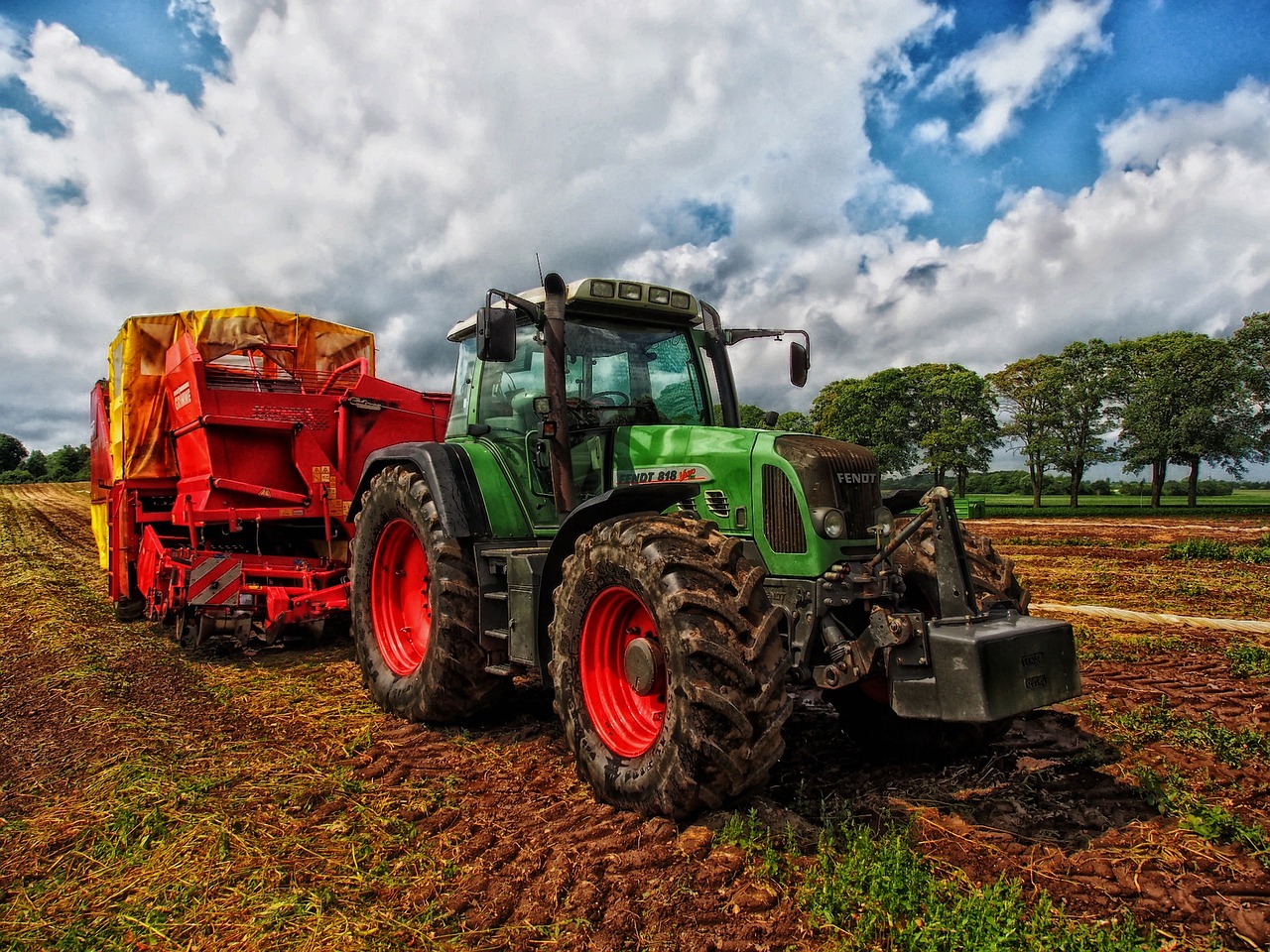
In 2024, Italian agriculture paid a price of 9 billion euros for the consequences of climate change and epidemics, with an impact on the incomes of agricultural businesses, which live in parallel with problems determined by foreign competition and high production costs. The figure comes from Coldiretti, which held its annual assembly in Rome and discussed the decisive consequences on the agricultural sector.
Drought and bad weather have devastated agricultural production in Italy, with drops in some of the most significant productions for the country such as wheat (-20%) and olive oil (-32%), according to Coldiretti. Drought, in particular, has been crucial for wine production, which has dropped by 13% compared to the average production, with a subsequent decrease in rice and hazelnuts.
Epidemics have also hit Italian stables, with the return of African swine fever, bluetongue and spoilage, which have led to the slaughter of thousands of animals. Coldiretti has reported, as an alarming result, that the number of agricultural companies in Italy has fallen, for the first time, below 700,000 units.
Coldiretti urges EU policy revisions, including revisiting the Mercosur agreement, to support agriculture
In light of the current situation, Coldiretti calls for prompt interventions to support the sector, starting with European political choices , such as the rectification of the denial of the free trade agreement between the EU and Mercosur, a decision by Censis that Coldiretti and the farmers did not share and which they requested to be revised.
In addition to the agreement, which will temporarily cause unfair competition to European agri-food, there is also the difference in the amount to be allocated for the green transition between Mercosur and European agricultural companies. Mercosur farmers, in fact, will have 1.8 billion euros to support the transition, while agricultural companies will have just over half to solve the problems arising from the agreement.
“In 2025 we will have significant challenges, the first one related to the CAP. There is a topic of discussion of the future common agricultural policy related to inflation” declared Ettore Prandini, president of Coldiretti.
“We have lost in the last seven years a total value of 100 billion, we believe that they must be recovered either directly on the CAP, or even with new funds and chapters, which are additional and directed towards agricultural businesses and which are stable. Not a compensation of one billion as von der Leyen promised, paradoxically giving two to the Mercosur countries.”
__
(Featured image via Pixabay)
DISCLAIMER: This article was written by a third party contributor and does not reflect the opinion of Born2Invest, its management, staff or its associates. Please review our disclaimer for more information.
This article may include forward-looking statements. These forward-looking statements generally are identified by the words “believe,” “project,” “estimate,” “become,” “plan,” “will,” and similar expressions. These forward-looking statements involve known and unknown risks as well as uncertainties, including those discussed in the following cautionary statements and elsewhere in this article and on this site. Although the Company may believe that its expectations are based on reasonable assumptions, the actual results that the Company may achieve may differ materially from any forward-looking statements, which reflect the opinions of the management of the Company only as of the date hereof. Additionally, please make sure to read these important disclosures.
First published in ESG NEWS. A third-party contributor translated and adapted the article from the original. In case of discrepancy, the original will prevail.
Although we made reasonable efforts to provide accurate translations, some parts may be incorrect. Born2Invest assumes no responsibility for errors, omissions or ambiguities in the translations provided on this website. Any person or entity relying on translated content does so at their own risk. Born2Invest is not responsible for losses caused by such reliance on the accuracy or reliability of translated information. If you wish to report an error or inaccuracy in the translation, we encourage you to contact us

-
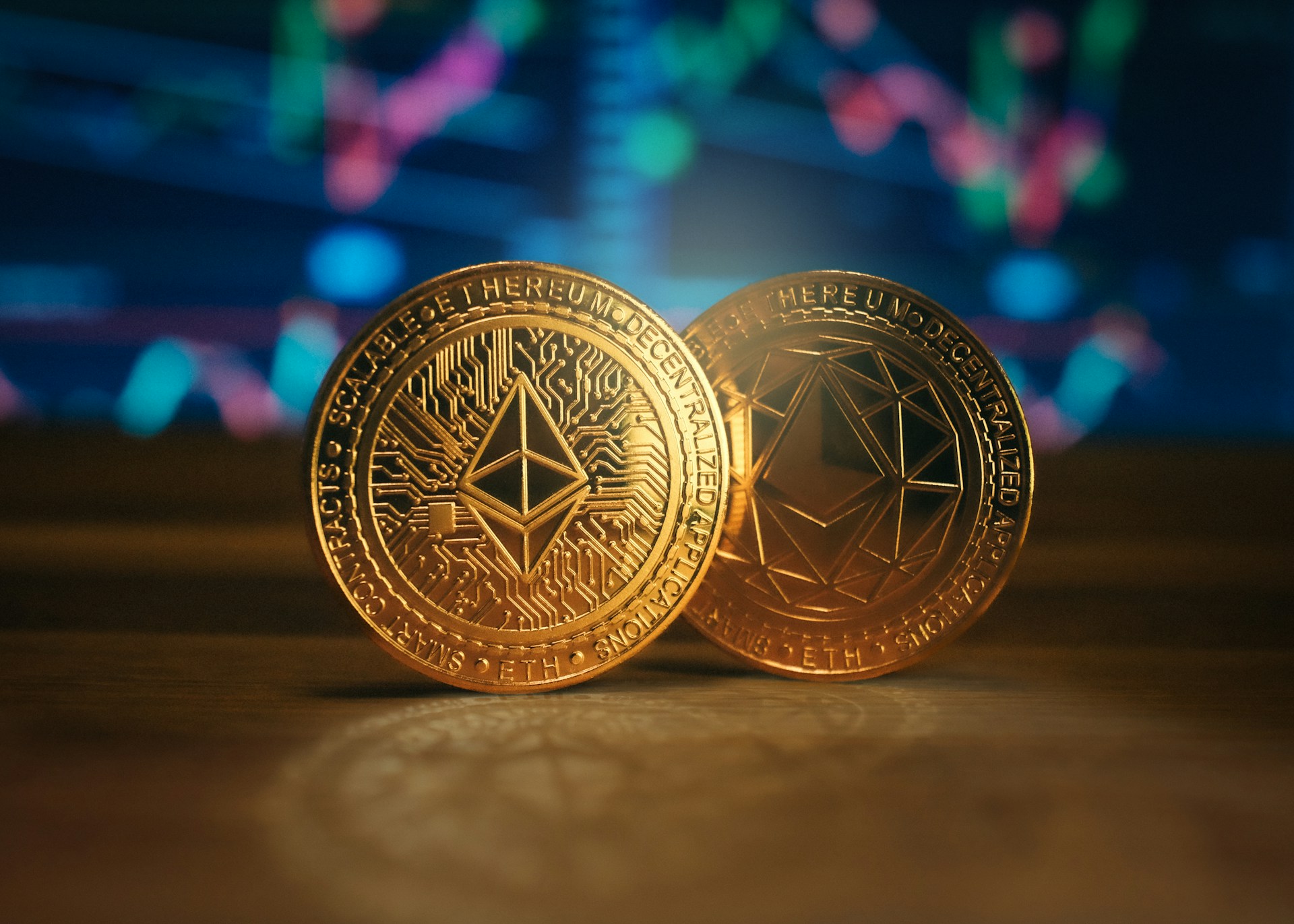
 Crypto2 weeks ago
Crypto2 weeks agoEthereum’s Growing Capacity Puts Pressure on Layer 2 Platforms
-

 Fintech3 hours ago
Fintech3 hours agoRuvo Raises $4.6M to Power Crypto-Pix Remittances Between Brazil and the U.S.
-

 Cannabis1 week ago
Cannabis1 week agoCannabis and the Aging Brain: New Research Challenges Old Assumptions
-
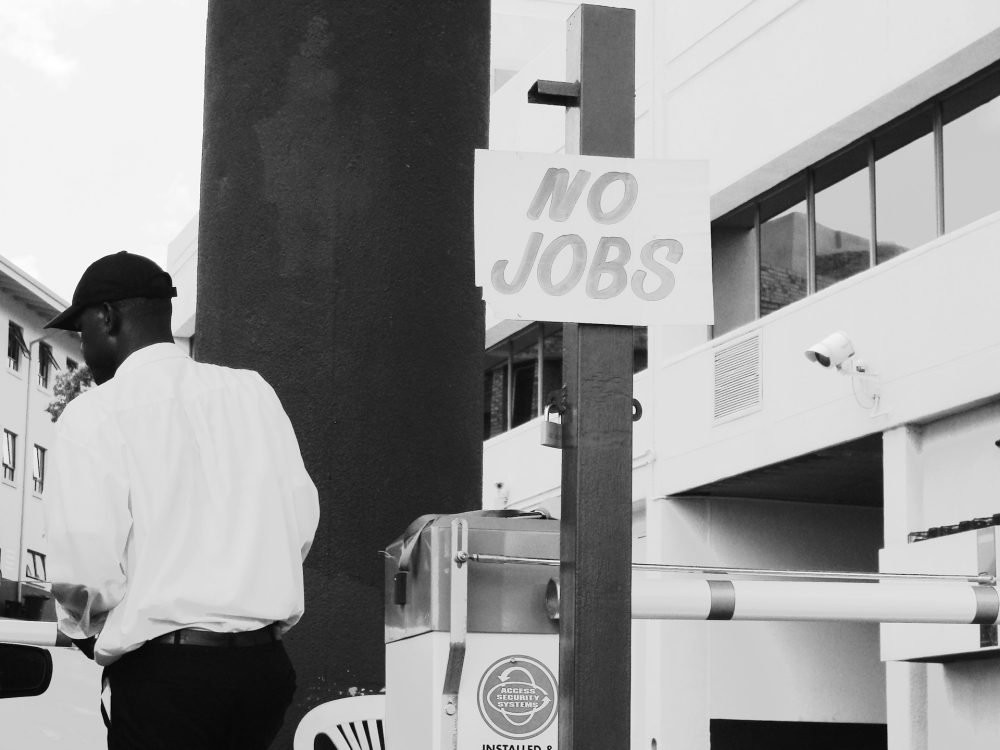
 Africa2 weeks ago
Africa2 weeks agoUnemployment in Moroco Falls in 2025, but Underemployment and Youth Joblessness Rise




